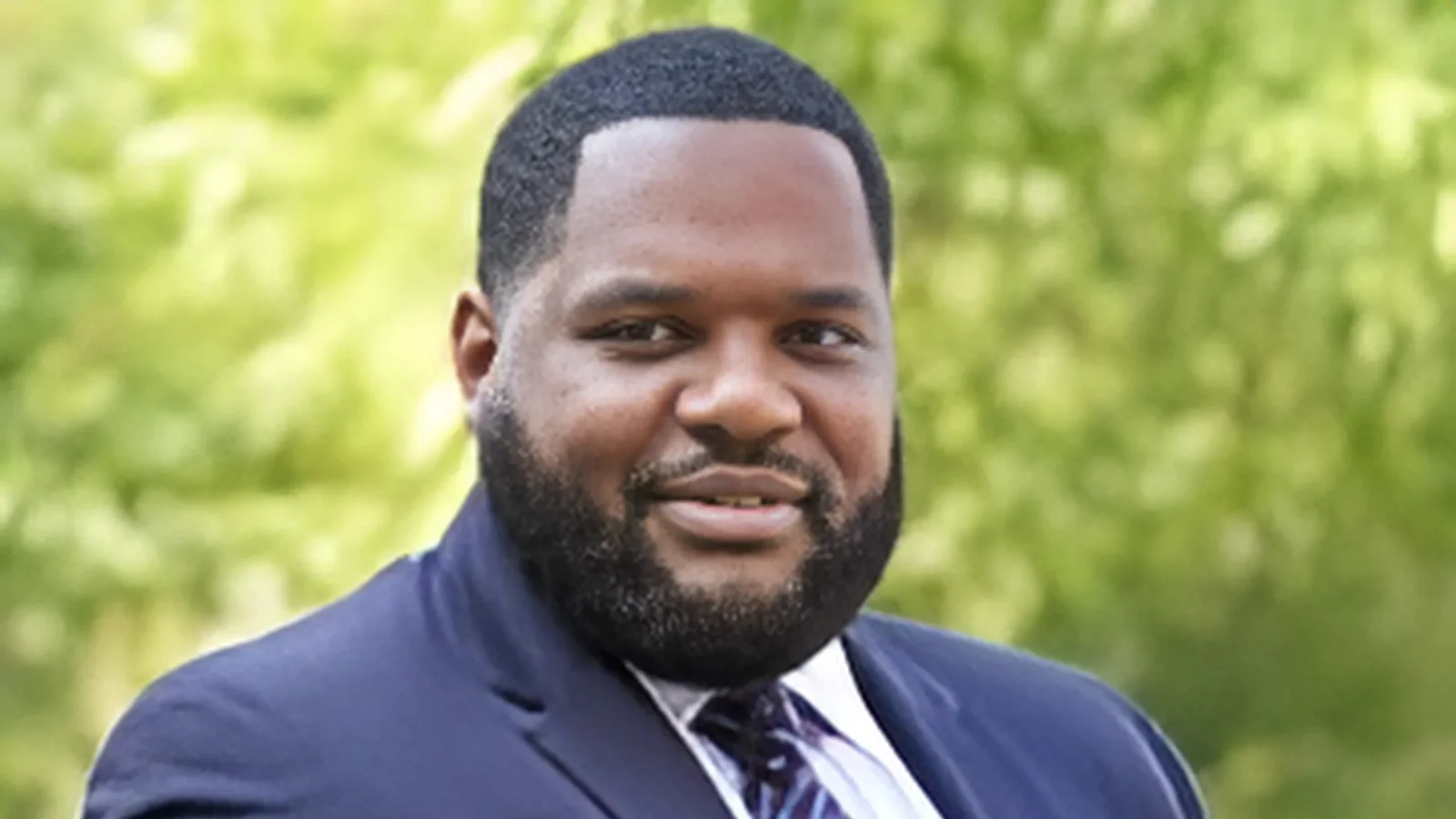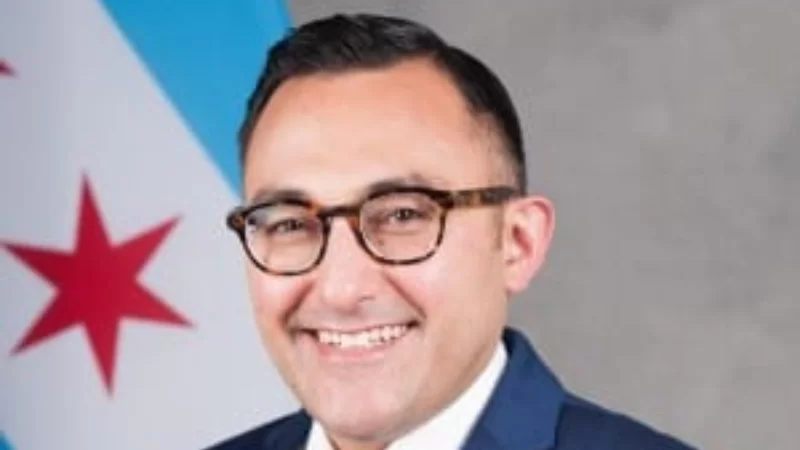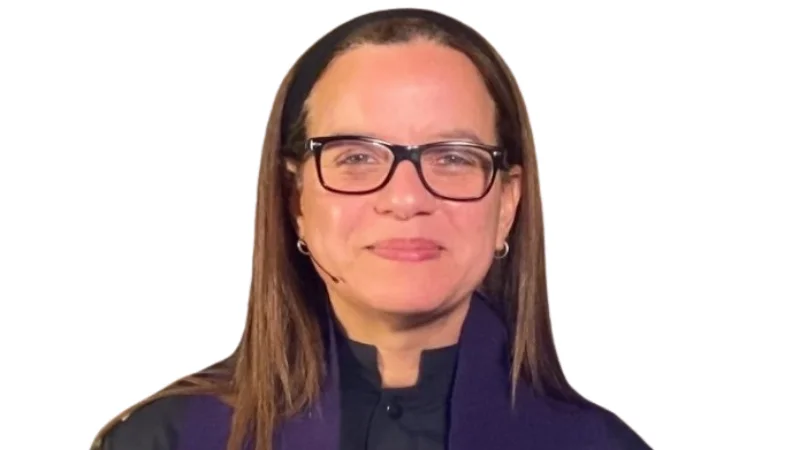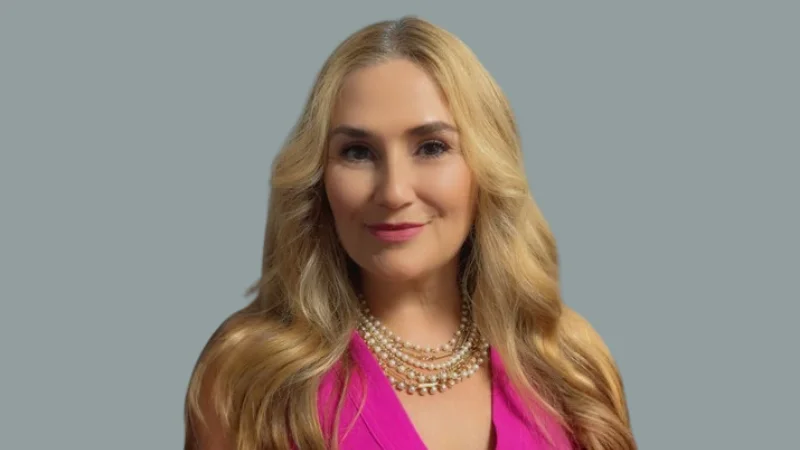The prominence of global issues in public awareness is often determined by news and social media coverage, with algorithms and popularity influencing which stories are repeated. This process can skew understanding, as critical issues may receive limited attention, making it difficult to address problems or advocate for change. The rapid shift in the news cycle also means that important topics can fade from coverage before they are resolved.
One major issue currently missing from mainstream news is the ongoing genocide in Sudan. The conflict began in April 2023, leading to a humanitarian crisis. According to The Guardian, “Since then, millions have been displaced, an estimated 150,000 have been killed, and more than 30 million people now need urgent humanitarian assistance. These staggering statistics still do not fully tell the story of Sudan’s tragedy, the country’s rapid unravelling, the destruction of its infrastructure, or the particularly merciless way the RSF has conducted its campaign in Darfur.” The article notes that global attention remains limited despite these events.
On January 7, 2025, the United States officially declared genocide was taking place in Sudan. Secretary of State Antony J. Blinken stated that sanctions would be imposed and expressed U.S. support for accountability: “holding accountable those responsible for these atrocities.” However, subsequent changes in administration and funding cuts have delayed meaningful action.
The situation on the ground includes reports of war crimes such as sexual violence, starvation tactics, mass killings, and obstruction of humanitarian aid deliveries. UN estimates indicate that prior to this conflict over three million women and girls were already at risk of gender-based violence in Sudan.
Advocacy groups emphasize that a greater response is needed for those who are internally displaced or suffering from loss due to conflict. Coverage has decreased even though needs remain high: “Half of Sudan’s population – some 25 million people – need humanitarian assistance and protection. The country is facing extreme shortages of food, water, medicine and fuel and more than half the population (25.6 million) are facing acute food insecurity, including 8.5 million of them at emergency levels.”
The Guardian highlights this lack of visibility with a call to action directed at communities seeking justice: Blood spilled in Sudan can be seen from space; ignorance is no longer possible.
Aid agencies continue to seek support while advocates urge governments and international organizations such as the United Nations to intervene decisively—addressing both immediate needs and historic causes behind decades-long unrest dating back to 1955.
Those affected include children deprived not only of safety but also basic conditions necessary for growth and development. Calls persist for sustained advocacy beyond what appears briefly on news cycles by listening directly to humanitarian partners working within multilateral agencies.
“Now is the time for advocacy and bringing an end to the genocide in Sudan.”
 Alerts Sign-up
Alerts Sign-up





